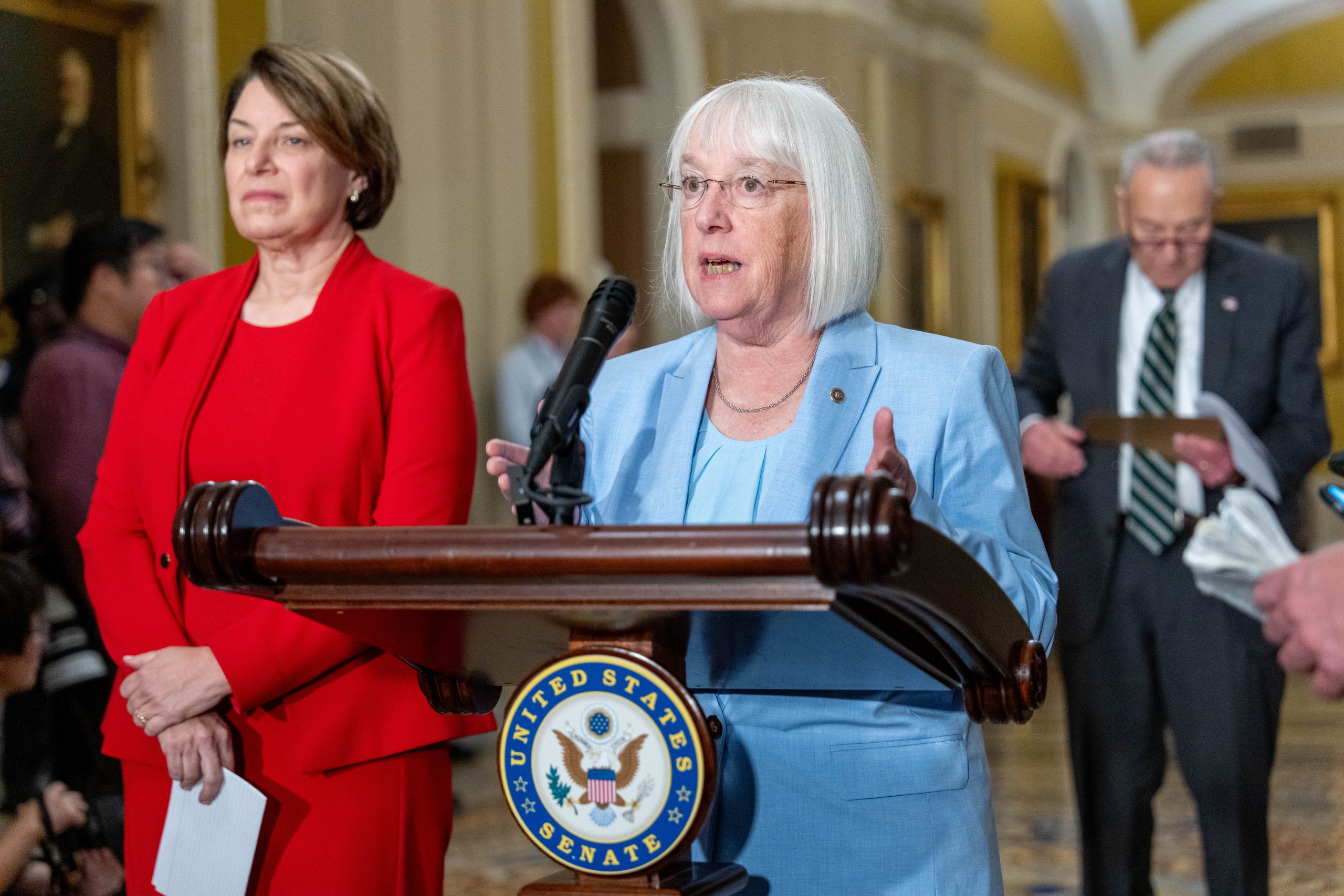Washington, D.C. — Today, U.S. Senator Patty Murray (D-WA), Vice Chair of the Senate Appropriations Committee, issued the following statement on the Department of Education’s announcement today that it is inking two additional Interagency Agreements (IAA) to illegally spin off core departmental responsibilities to other federal agencies.
“These illegal agreements aren’t just creating pointless new bureaucracy that burdens our already-overworked teachers and schools; they are actively jeopardizing resources and support that students and families count on and are entitled to under the law.
“We have already seen funding our kids count on get held up because of Secretary McMahon’s destructive efforts to spin off the Department of Education’s key responsibilities through these arrangements, and while I will continue doing all I can to push back, the unfortunate reality is Republicans refused to work with us to take new steps to prevent these agreements from hurting our students in the first place. I’m not backing off from this fight—I’m going to keep speaking up and working to make sure our kids can get the world-class education they deserve.”
Senator Murray has aggressively pushed back against Secretary McMahon’s efforts to dismantle the Department, including through the illegal use of IAAs, and she fought to insert ironclad language in the fiscal year 2026 funding bill for the Department that would bar Secretary McMahon’s use of IAAs to dismantle the Department—but Republicans refused to include new, binding language.
###


